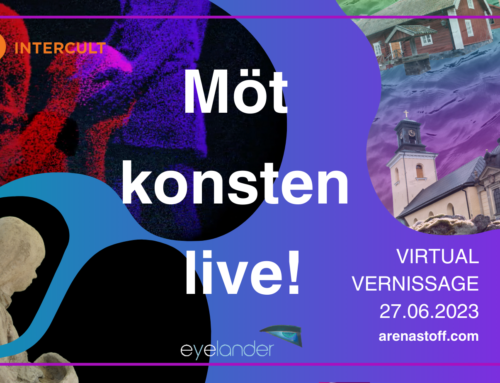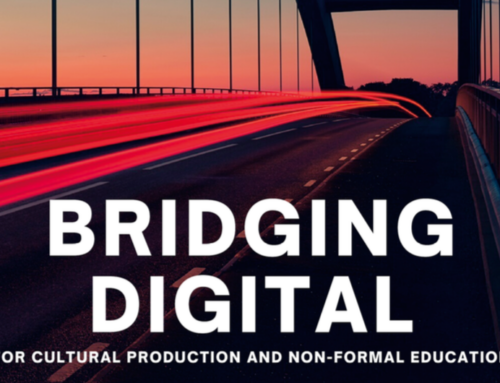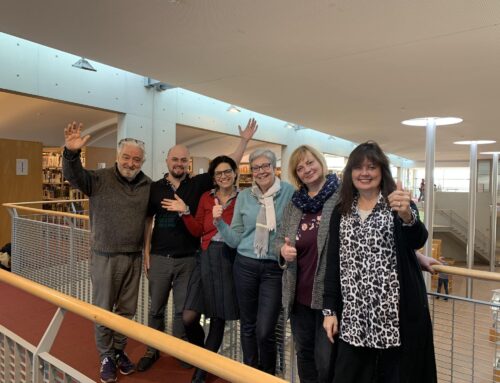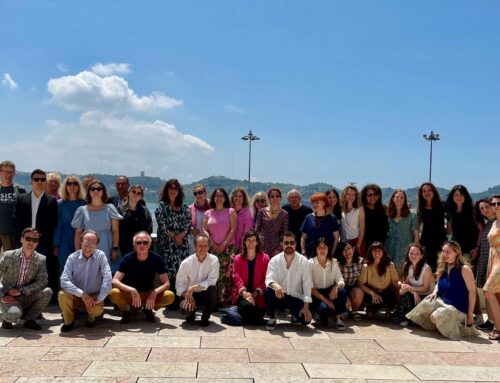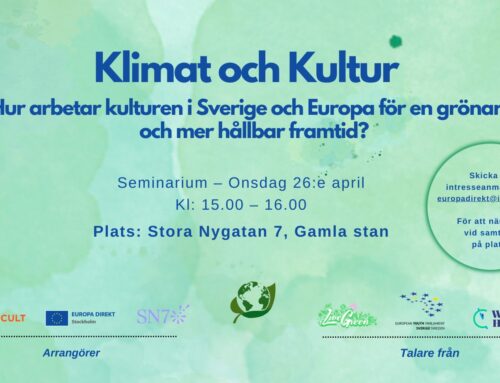Invitation to webinars on Wednesday 16 December
What’s the future of waterfront heritage zones in the post industrial cities of Europe?
Part 1: 12.13:30 CET
Part 2: 14-15:30 CET
Part 2 : 14-15.30 CET
Impact of Memory of Water – from the artists’ perspective, from the partners’ perspective
In these two webinars we invite you to a conversation with internationally renowned authorities in the field of cultural planning, regeneration and community art, as well as to a reflection from participating artists and partners on the results and the key challenges in the project.
The webinar will be live streamed via Facebook.
Read about the first webinar (part 1) HERE
In the second webinar at 14.00 the Project Partners will reflect on if and how the contribution of artists helped to influence policy, strengthen stakeholder involvement and amplify community voices.
They will look for evidence of impact on planning decisions for urban areas by the waterfronts and on how to avoid gentrification.
The participants will also discuss the findings on alternative approaches to regeneration and citizen-led planning with questions around bridging the gap between grass roots visioning and implementation.
Since 2017, the six European cities of Govan, Gdansk, Levadia, Limerick, Ostend and Stockholm have collaborated on an artist-led exploration of what’s next for waterfront industrial heritage in the context of community development. Activities have been participatory and co-created with local communities through artists’ residencies and discursive events. Our aim has been to support community activism; to engage planners, architects, politicians and local residents; to share our learning and best practice in knowledge exchange; and to debate new ways forward together.
From an artistic perspective, Memory of Water (https://memoryofwater.online/) has committed to uncovering alternative approaches to regeneration and citizen-led planning with questions around bridging the gap between grassroots visioning and implementation; how to avoid gentrification, and whether or not artists are vulnerable to being used for different agendas (e.g. ‘artwashing’: the term for the arts being used as a gentrification tool, eg. landowners/developers using artists to raise land values.) The main focus of these Creative Europe-funded endeavours has been strengthening co-operation between artists (who are often facing competing agendas) and other stakeholders in the context of urban planning.
As the project draws to close, our Common Lab on Wednesday 16 December 2020 between 14.00 and 15.30 CET (13.00 and 14.30 GMT) will be an opportunity to reflect on the impact that the work of this pan-European six-cities exploration has had on the artists and partner organisations involved in the delivery. Q & A from 15.00 CET.
Twelve participants will reflect on two main questions:
- What did we achieve together as a European project?
- What impact did the European project have on each of us (individual partners, individual organisations and individual artists)?
Further questions we will explore together:
Has the contribution of artists helped to influence policy, strengthen stakeholder involvement, and amplify community voices? Is there evidence of impact on planning decisions? What were key challenges? Was there a European impact achieved collectively by the partnership?

